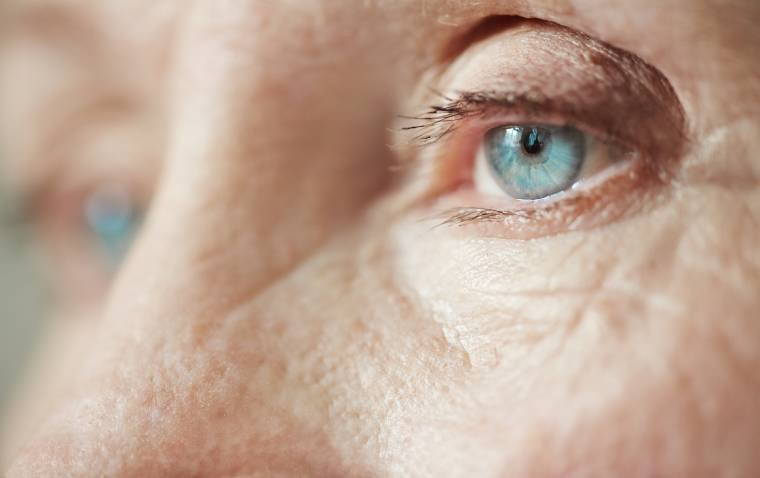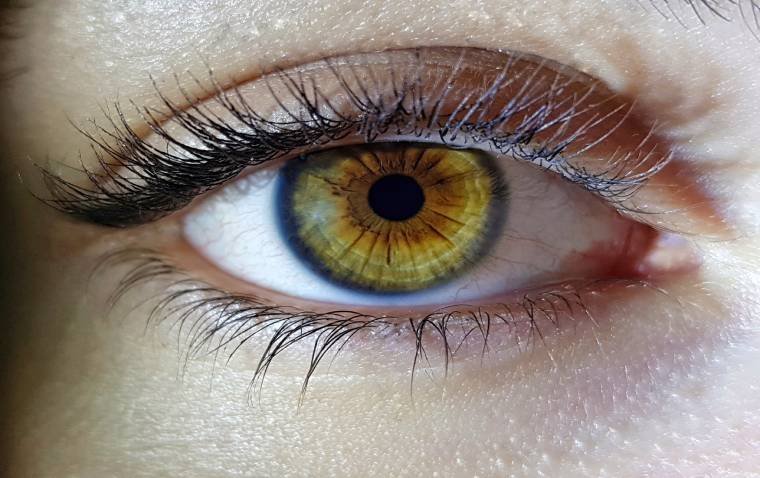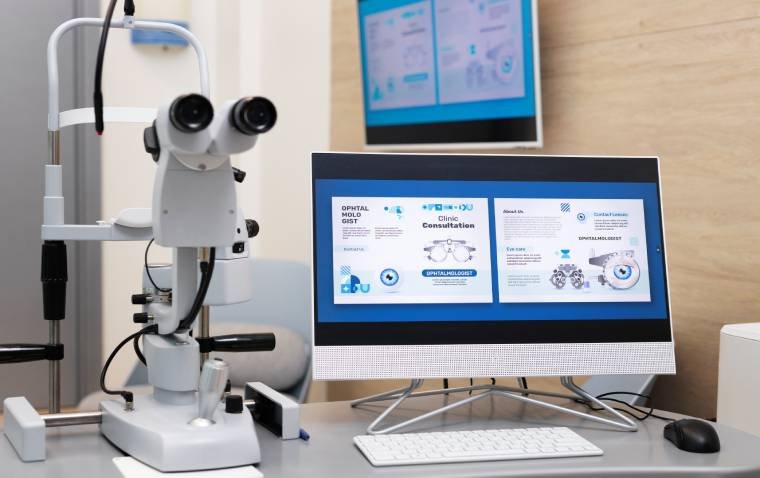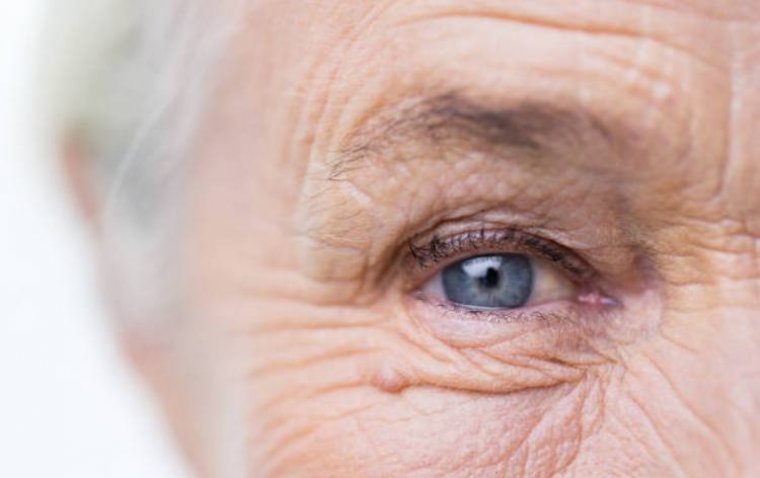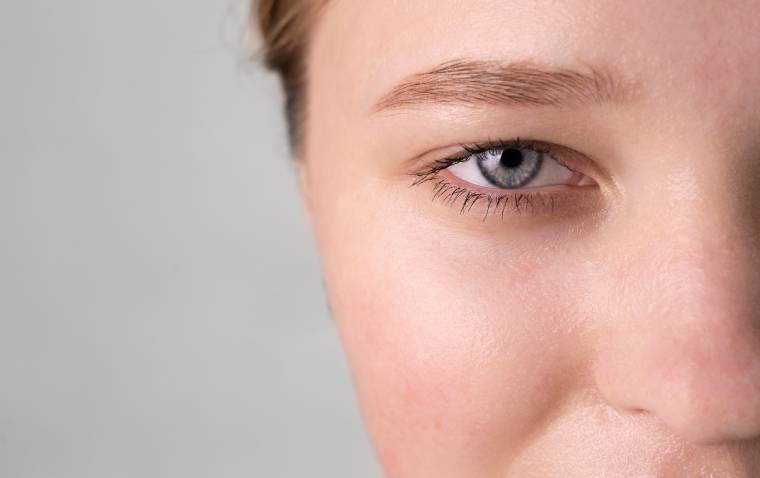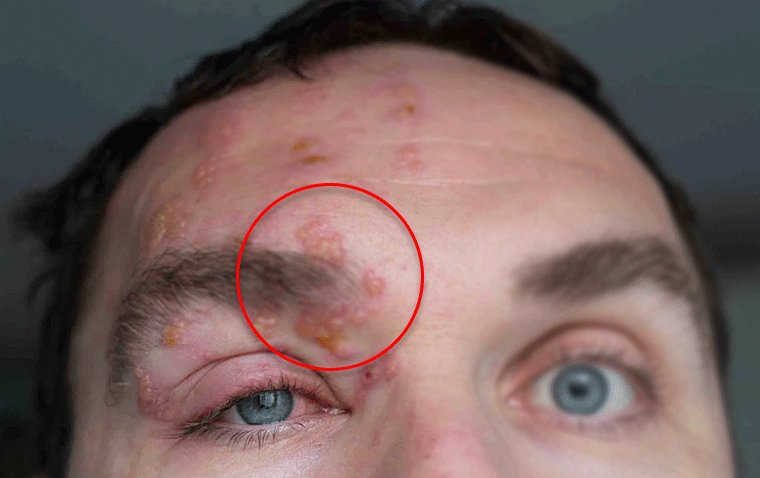
Long-Term Antiviral Use Key to Treating Ocular Shingles, Research Shows
A new study led by researchers from the Perelman School of Medicine at the University of Pennsylvania and the NYU Grossman School of Medicine suggests that taking an antiviral medication for a year can help prevent vision loss caused by ocular shingles. The study provides evidence for the effectiveness of long-term, low-dose antiviral treatment in preventing complications associated with shingles that affect the eyes.
The Challenge of Ocular Shingles
Ocular shingles, or herpes zoster ophthalmicus (HZO), is a severe condition where the shingles virus affects the nerve connecting the brain to the eye. Nearly 100,000 of the one million annual shingles cases in the United States develop HZO. This condition can lead to various eye problems, including keratitis (inflammation of the cornea), iritis (inflammation of the iris), and inflammation in other parts of the eye.
HZO can have devastating effects on vision. Roughly 30,000 HZO cases result in vision loss to 20/60 or worse, where objects clear at 60 feet must be viewed from 20 feet by affected individuals. Additionally, around 10,000 HZO patients experience legal blindness with vision reduced to 20/200 or worse. Historically, there has been no proven long-term treatment to reliably prevent new or worsening episodes of the disease.
Valacyclovir: A Promising Long-Term Treatment
The study, presented at the Cornea and Eye Banking Forum and the American Academy of Ophthalmology (AAO) annual meeting, examined the extended use of valacyclovir, an antiviral drug already used to treat shingles in short courses of seven to ten days. Dr. Elisabeth J. Cohen, a professor of ophthalmology at NYU Grossman School of Medicine, designed the study after experiencing vision loss due to shingles herself.
Dr. Bennie Jeng, co-chair of the study and chair of Ophthalmology at the Perelman School of Medicine, highlighted the significance of this research, stating, "Up until now, there has been no proven long-term treatment for new, worsening, or repeated episodes of this disease, so the results of this study provide convincing evidence for using long-term, low-dose antiviral treatment."
Key Findings from the Zoster Eye Disease Study (ZEDS)
The Zoster Eye Disease Study (ZEDS), conducted over eight years at 95 medical centers across the United States, Canada, and New Zealand, enrolled over 500 participants with shingles affecting their eyes. The study ran from November 2017 to January 2023, with half of the participants receiving daily doses of valacyclovir for a year, while the others received a placebo.
The results showed:
• Patients treated with valacyclovir had a 26% lower risk of developing new or worsening eye disease at 18 months.
• The drug reduced the chances of multiple HZO flare-ups by 30% within a year to a year-and-a-half.
• Long-term antiviral treatment also protected critical eye structures like the corneal photoreceptors, which are essential for maintaining vision.
• Valacyclovir use additionally decreased the risk of postherpetic neuralgia, a chronic nerve pain syndrome that can accompany shingles.
Implications for Standard of Care and Future Research
Dr. Jeng emphasized the practical implications of these findings, noting, “With this drug already being part of the regular clinical treatment for shingles, we don't envision significant barriers to making this a standard of treatment.” The FDA has approved valacyclovir for shingles treatment, making its extended use a feasible option for protecting vision in HZO patients.
Looking forward, the ZEDS team aims to explore the extended antiviral treatment’s potential in preventing other complications like glaucoma and scleritis. They also plan to study the impact of shingles vaccination on disease outcomes, especially given the rise in cases among people in their 50s. Dr. Cohen pointed out that only 12% of adults aged 50 and older have received the highly effective zoster vaccine, which has been recommended since 2018.
Additionally, the researchers aim to analyze the effect of shingles vaccination on COVID-19 diagnosis and severity among participants.
Conclusion
The ZEDS study, co-chaired by Dr. Jeng and Dr. Cohen, offers new hope for patients struggling with vision complications from HZO. By proving the efficacy of long-term, low-dose antiviral treatment, this research provides a clear path towards preventing vision loss from this debilitating condition.
(1).jpg)
